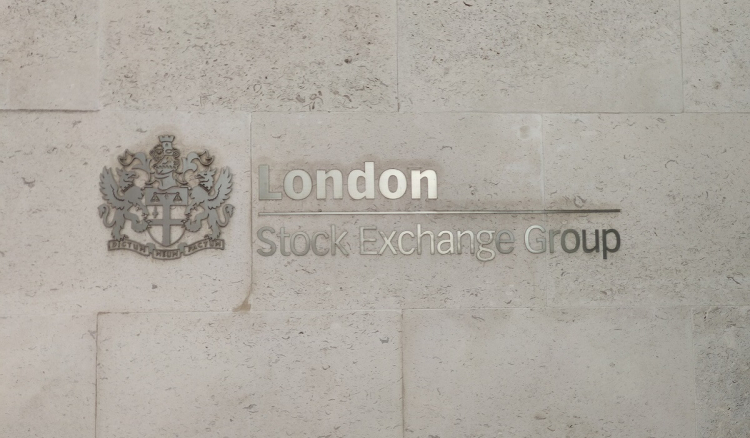
Mark Zuckerberg, founder and CEO of Meta Platforms Inc., sold approximately $185 million worth of his company's shares, totaling 682,000 shares. This marks the first sale of Meta shares by Zuckerberg in the last two years.
The transaction occurred against the backdrop of significant stock price growth, which increased by 172% over the year, nearing its historical peak set in 2021. These figures outpace most major American IT companies, except for Nvidia.
In 2022, he didn't sell any shares due to poor quarterly results of the company, leading to one of the most significant drops in stock value since its IPO in 2012.
The exact reasons why Mark Zuckerberg sold a substantial number of Meta shares in November are unknown. However, it's speculated that he followed the classic investment strategy: buying low and selling high. This assumption is based on general investment principles and market dynamics.
Despite the sale, Zuckerberg still owns about 13% of Meta's shares, with his personal fortune estimated at $117.7 billion.
Previously, Zuckerberg and his wife Priscilla Chan announced their intention to donate 99% of their wealth to charitable causes, including promoting equality, fighting diseases, and supporting biomedical initiatives.
According to the latest data, Meta's stock price is $325.28, 2.24% lower than its previous value. The company's market capitalization is approximately $835.924 billion, with a price-to-earnings (P/E) ratio of 28.73 and earnings per share (EPS) of 11.32.
The stock price fluctuated between $112.46 and $342.92 over the last 52 weeks.
The projected stock performance indicates a bullish trend, with the price crossing the moving average. The company's shares have shown significant fluctuations over the past year, reflecting a dynamic presence in the market.
Meta Platforms, Inc. maintains strong market positions with significant market capitalization and a positive performance outlook, despite recent fluctuations in stock price.
Previously, we reported that two separate incidents occurred at the London Stock Exchange (LSE) on December 5, leading to a temporary halt in trading for some securities. These interruptions did not affect trading on the main FTSE 100 and FTSE 250 indexes and the international order book.
The first interruption in the morning was due to data processing delays, and the second occurred closer to noon due to problems with another service. Trading resumed both times after switching to backup systems. However, due to technical issues, the actual status of the securities was not updated on the exchange boards in time, giving the impression of their continued suspension.
The exchange took measures to replace the problematic equipment, preparing for normal operation the next day. It's noted that these interruptions were different from a previous incident related to software problems in October 2023.
- Two failures at the London Stock Exchange
Dual technical failure at LSE affects trading, causing concern among traders and investors




